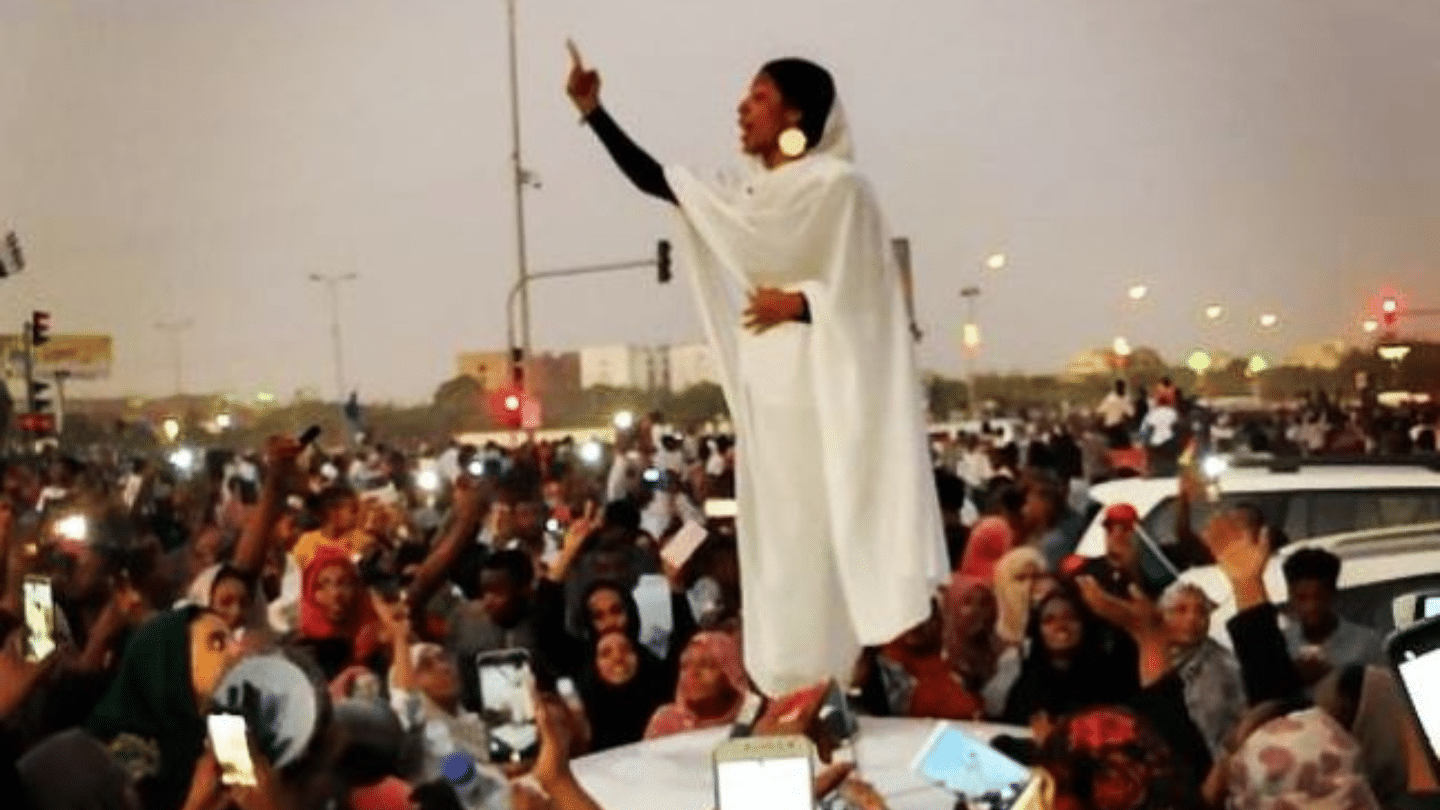This week a new political agreement was reached in Sudan that will have a direct impact on the movement toward gender equality there.
Sudan is a country where women have been at the forefront of a pro-democracy movement against the oppressive human rights conditions impacting Sudanese women and girls, including government-imposed limitations on how they dress and can move about the country.
The Head of Crisis Response at Vital Voices, Allan Freedman, who has worked extensively in Sudan and across East Africa, shares more below.
QUESTION: In Sudan, the military and a pro-democracy coalition signed an agreement to end months of political deadlock this week. Why is this agreement significant?
ANSWER: Since 2019, Sudan has been in a struggle between military and civilian rule, and whether it would return to an oppressive authoritarian government. Women have been at the forefront of the pro-democracy movement, and in numerous ways have a lot to gain or lose based on the outcome of who governs Sudan.
Q: What has been the reaction to this agreement?
A: Among the pro-democracy proponents, it has ranged from at best cautious optimism to outright skepticism. There is good reason to be skeptical. There is a legacy in Sudan of agreements that may look appealing on paper but ultimately favor the military when implemented.
Q: How did this agreement come about?
A: In 2019, a pro-democracy movement toppled the authoritarian regime of General Omar al-Bashir, who had been in power for nearly 30 years. That led to a significant opening for the return of democracy, and a power sharing agreement between the military and civilian rule. The military ended that agreement late last year, arresting the prime minister and imposing a state of emergency. This agreement is part of an international effort to restore civilian representation and the balance of power between the military and pro-democracy forces.
Q: How will this agreement impact women leaders, and the women and girls in Sudan?
A: Women have been at the forefront of the pro-democracy movement. By one account, they represented 70 percent of those who took to the streets in the 2019 protests that led to the ouster of Basheer. The Basheer government sharply curtailed rights of women imposing strict dress codes and restrictions on free movement. Women have been successful in furthering the perspective that the conservative restrictions of the Basheer regime were not part of the history of Sudanese society and culture, and have no rightful place in the future of Sudan. How this agreement is implemented may have a direct impact not just on the pro-democracy movement, but the rights of women and girls that were sharply restricted under the authoritarian Basheer regime.
